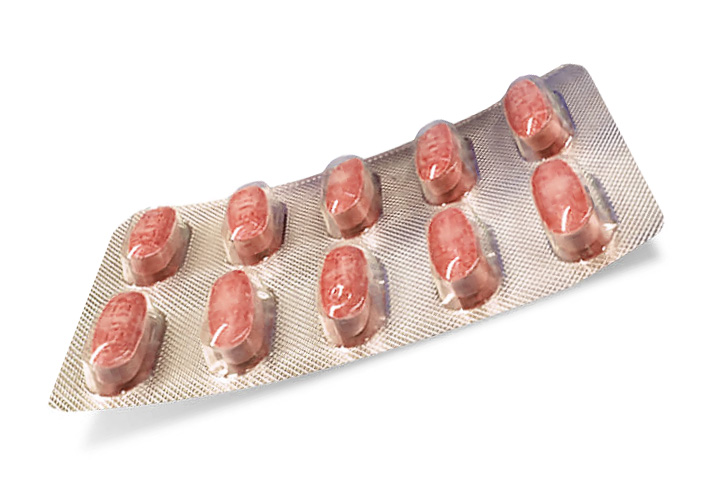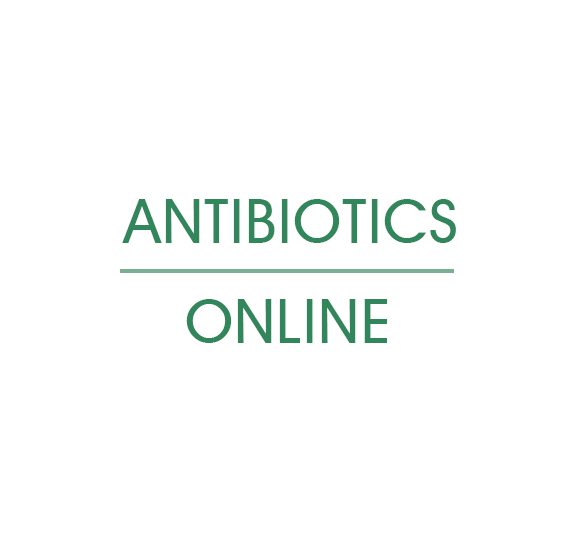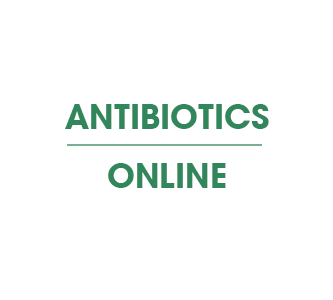Xifaxan
Xifaxan is a drug used to decrease the bacteria in the intestines. The active ingredient in this antibiotic is rifaximin, it is used in adults with liver disease to decrease the recurrence of episodes of noticeable brain function impairment related to liver disease. Symptoms of this condition include agitation, confusion, muscle issues, speech difficulties, and, in some cases, coma.
Clinical trials primarily demonstrated effectiveness of the drug when used in combination with lactulose. The efficacy of Xifaxan without the concurrent use of lactulose has not been confirmed.
What Does Xifaxan Contain?

Active substance
Rifaximin. One film-coated tablet contains 550 mg rifaximin.
Excipients
Sodium carboxymethyl starch (type A), glycerol distearate, highly dispersed silicon dioxide, talc, microcrystalline cellulose, hypromellose, titanium dioxide, sodium edetate, propylene glycol, red iron oxide.
Forms and Strengths
Packs of 28 and 56 film-coated tablets.
Uses
Usual dose:
Adults
The suggested dosage is one tablet taken twice daily.
Children and adolescents (under 18 years of age)
Xifaxan is not recommended for use in children and adolescents under 18 years of age, as its safety and effectiveness have not been evaluated in this age group.
Method of administration
Take the film-coated tablet with a glass of water.
Xifaxan may be taken with or without meals.
Your doctor will decide whether you should continue treatment after 6 months.
If you have taken more tablets than you should have
If you have taken more Xifaxan tablets than recommended, contact your physician immediately, even if you do not experience any noticeable symptoms.
If you have forgotten to take tablets
Take your next dose at the regular time. Avoid taking a double dose to compensate for the missed one.
If you discontinue taking
Do not cease taking this medication without speaking to your doctor, as your symptoms may reappear.
Side Effects
Stop taking Xifaxan if you experience any of the following side effects:
An allergic reaction, anaphylaxis or angioedema. Symptoms may include:
- difficulty swallowing
- swelling of the face, tongue or throat
- hives, skin rash, itching and breathing difficulties.
Severe reactions that cause flu-like symptoms and a painful rash impacting the skin, mouth, eyes, and genitals
Potentially fatal reactions accompanied by flu-like symptoms and blistering on the skin, mouth, eyes, and genitals
Severe diarrhoea during or after treatment with this antibiotic. This may be due to a bacterial infection of the intestine
Bleeding from dilated blood vessels along the oesophagus
Unusual or unexpected bleeding or bruising, potentially caused by reduced platelet levels in the blood, heightening the risk of bleeding
Common (affects 1 to 10 in 100 users)
- Upper abdominal pain and/or bloating of the abdomen
- Nausea or vomiting
- Dizziness
- Headache
- Depressed mood
- Diarrhoea
- Accumulation of fluid in the abdominal cavity
- Difficulty breathing
- Swelling of the ankles, feet or fingers
- Joint pain
- Rash or itching
- Muscle cramps
Occasional (affects 1 to 10 users in 1,000)
- Balance problems
- Memory loss or memory problems
- Impaired attention
- Confusion
- Anxiety
- Drowsiness
- Sleep disorders
- Dry mouth
- Hot flushes
- Severe diarrhoea during or after treatment. This may be due to a bacterial infection of the intestine
- Bleeding from dilated blood vessels along the oesophagus
- Yeast infections (e.g. thrush)
- Urinary tract infection (e.g. cystitis)
- Anemia (reduction in the number of red blood cells in the blood, which can cause paleness of the skin and weakness or shortness of breath)
- High levels of potassium in the blood
- The need to urinate more frequently than usual
- Difficulty or pain when passing urine
- Convulsions
- Fever
- Falls
- Accumulation of fluid in the pleural cavity
- Decreased sensitivity to touch
- Abdominal pain
- Stomach problems
- Fluid seepage
- Muscle pain
- Loss of appetite
Rare (affects 1 to 10 in 10,000 users)
- Haematomas
- Chest infections including pneumonia
- Inflammation of subcutaneous tissue
- Upper airway infections (nose, mouth, throat)
- Colds
- Loss of body water (dehydration)
- Changes in blood pressure
- Permanent respiratory problems (such as chronic bronchitis)
- Sensation of weakness
- Back pain
- Pain during/after operations
- Constipation
- Protein in urine
Post-marketing side effects (frequency unknown)
- Allergic reaction, angioedema anaphylactic reaction
- Fainting or sensation of impending fainting
- Changes in liver function
- Skin inflammation, eczema
- Changes in blood coagulation (INR in blood tests, decrease in the number of platelets in the blood)
Precautions
If you have cirrhosis, you might suffer from severe skin reactions, characterized by painful rashes or blisters affecting the skin, eyes, mouth and genitals, which could be life-threatening.
In the event of severe skin reactions or other allergic reactions, stop taking this medicine and consult a doctor immediately.
Any antibiotic treatment may cause severe diarrhoea. This may also occur several months after treatment has stopped. If severe diarrhoea occurs during or after treatment with Xifaxan, you should stop taking this medicine and contact your doctor immediately. If diarrhoea occurs, you should not take medicines that inhibit intestinal peristalsis (the movement of the intestine).
If your liver disease is serious, your doctor must monitor you carefully.
Stop taking Xifaxan and consult your doctor immediately if you experience any of the following side effects:
The onset of an allergic reaction, anaphylactic shock, or angioedema. Symptoms may include:
- swelling of the face, tongue, or throat
- difficulty swallowing
- skin rash, urticaria, itching and breathing difficulties.
Bleeding from dilated blood vessels along the oesophagus (oesophageal varices).
Severe diarrhoea during or after treatment with this medicine. This may be due to a bacterial infection of the intestine.
Unexpected or unusual bleeding or haematomas. This may be due to a decrease in the level of platelets in the blood, which increases the risk of bleeding.
Children and adolescents
Xifaxan is not recommended for use in children and adolescents under 18 years of age. This medicine has not been evaluated in children and adolescents.
Taking Xifaxan with other medicines
Tell your doctor or pharmacist if you are taking, have recently taken or may take any other medicines.
Tell your doctor if you are taking any of the following medicines:
- Antibiotics (medicines to treat infections)
- Warfarin (medicine to prevent blood clots)
- Anti-epileptics (medicines to treat epilepsy)
- Anti-arrhythmics (medicines to treat heart rhythm disorders)
- Ciclosporin (medicines that inhibit the immune system)
- Oral contraceptives (medication to prevent pregnancy / pill).
Ability to drive and use machines
In some patients, Xifaxan may cause dizziness and may therefore affect reactions, driving ability and the ability to use tools or machines. You should not drive or operate machinery if you experience dizziness.
What else do you need to consider?
During treatment with Xifaxan, your urine may be reddish in colour. This is completely normal.
When should Xifaxan not be used?
You should not take this antibiotic if you are allergic to:
- similar types of antibiotics (rifampicin or rifabutin),
- rifaximin,
- to any of the excipients of this medicine.
An allergy or hypersensitivity is manifested, for example, by symptoms such as red patches on the skin, fever, asthma, breathing difficulties, circulatory problems, swelling of the skin (e.g. urticaria) and mucous membranes, skin rashes or swelling of the tongue.
If you suffer from an obstruction (blockage) of the intestine.
Pregnancy and Breastfeeding
It is unclear whether Xifaxan could harm an unborn child. Therefore, you should not take this medication if you are pregnant.
It is unknown whether rifaximin can be transferred to your child through breast milk. Therefore, you should avoid taking Xifaxan if you are breastfeeding.



